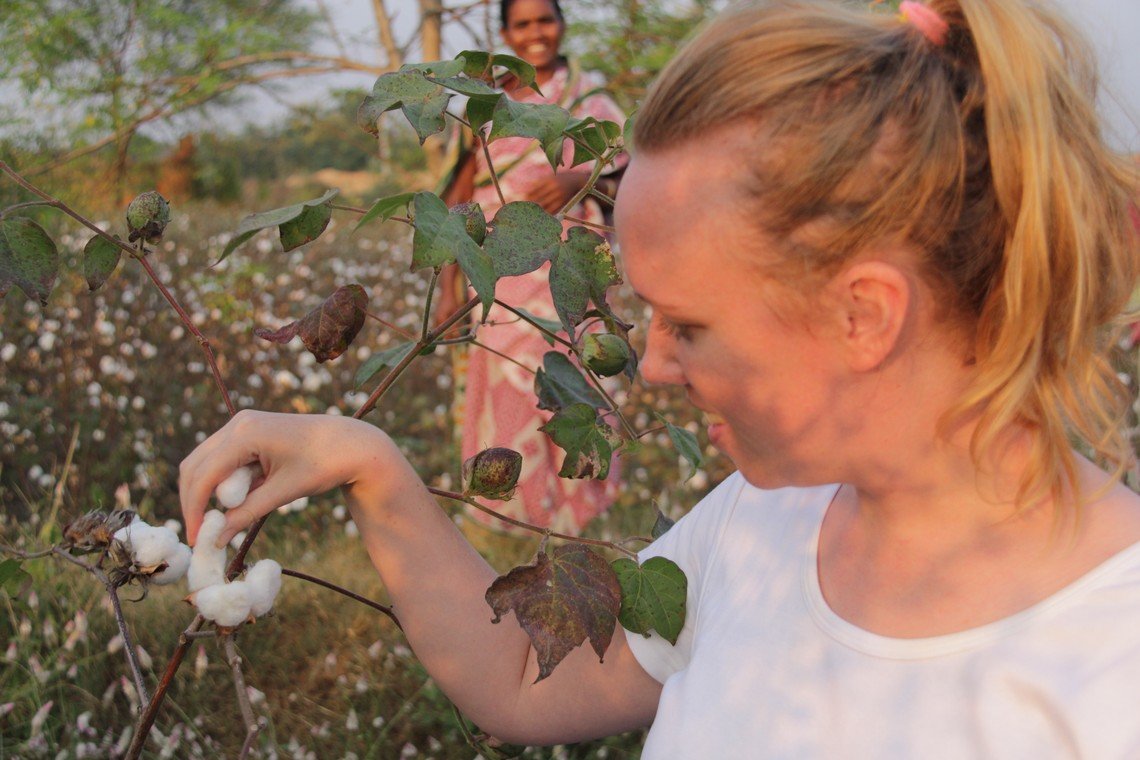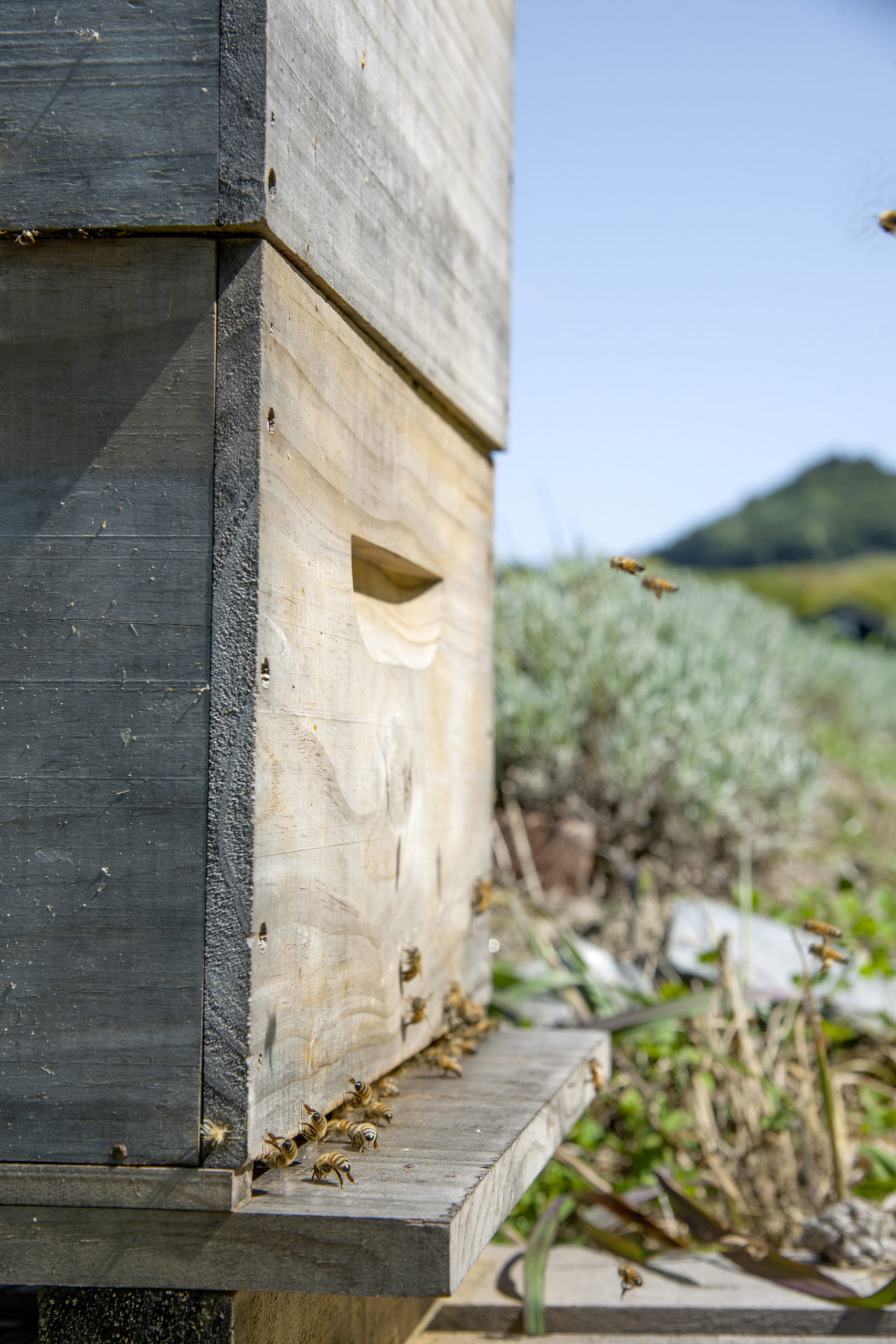Sustainable business practice and fast food seem unlikely bedfellows, especially in an industry dominated by multi-nationals specialising in low-cost, highly processed meals. But a growing number of takeout eateries are striving to balance commerce with environmental responsibility. Nicole Curin-Birch hits the fast foodie trail

Up on the roof of Box of Bird, a central Auckland takeaway, Sophie Gilmour has planted an organic vegetable garden from which, very soon, she’ll be pulling up beets, kale and carrots and feeding them into the juicer for her health-conscious customers.
With about a metre and a half from plant to plate, food miles can’t get much lower – and that’s exactly the way Sophie and her business partners David Holmes and Ben Grant like it.
Along with the vegetable garden, they’ve added compost and recycling bins for food waste and all of their packaging is biodegradable. They even have their own version of the Keep Cup: it’s a reusable container that customers can bring back and fill with their next order. Inside the repurposed container, the look is more smart cafe than fast food.
“Right from the start, we knew we wanted a food business that was based on ethical and sustainable principles,” says Sophie. We liked the idea of a nutritious takeaway and we were definite about choosing free range.” On any given lunchtime, Box of Bird and its sister store, Bird on a Wire in Ponsonby, positively heave with customers. Options include chicken burgers, sandwiches, rotisserie chickens and chicken boxes, with prices ranging from $8 for soup to $75 for a ‘family feed’.
Kiwis spent upwards of $1.6 billion dollars on fast food last year – an increase of almost $400 million in the past five years.
Sophie is aware her chicken meals cost more than they would at a nearby KFC, but she says people are willing to pay extra for more sustainably produced food.
“Our product is a premium product but there is plenty of demand for it. People are really much more mindful these days about where their food is coming from and how it is cooked and packaged, and our customers recognise that we are trying to make a difference, so they are happy to support us in that.”
This trend is rapidly increasing, says Marisa Bidois, chief executive officer of the Restaurant Association of New Zealand.
We remain a nation of fast-food lovers, collectively spending more than $1.6 billion on takeaway from April 2013 to March 2014, but the association’s 2014 Hospitality Report shows our tastes are changing.

“We’ve noticed a really big move in the quick-serve [fast-food] space for customers to be much more conscious about their food, how healthy it is and where it comes from. Companies such as Pita Pit and Habitual Fix, who offer less conventional quick-serve meals, have had a huge amount of growth because there is an increased demand for healthier options,” says Bidois.
James Irvine has worked hard to ensure his small chain of fast-food eateries is as sustainable as possible. His five Wellington-based Kapai stores specialise in salads, wraps and stuffed potatoes that customers can tailor to their individual tastes.
“Feedback tells us that because our food is fresh and made to order, it definitely tastes better than pre-packaged and processed takeaways. People really are interested in having more choice and control over what they eat,” Irvine explains.
Produce is sourced as locally as possible and all packaging is compostable. Any waste is either recycled or taken away by Kai to Compost, a Wellington City Council food waste collection service. Giving back to the community is also a priority. Kapai is a supporter of the Neonatal Trust and the Karori Wildlife Sanctuary, and the company’s 46 employees are signed up to the Thank You payroll scheme, which donates money to charity.
Operating in a more sustainable manner does come with a financial cost, so Kapai hasn’t yet been able to offer free-range chicken and stick to the same price point.
“It’s something we are in the process of looking at, but it can be hard to get the business model right. On the one hand you have customers wanting a healthy and quick lunch, but on the other they are conscious of affordability. Once we are in a position to offer free-range chicken we will,” says Irvine.

Burger Wisconsin is also looking to offer free-farmed chicken – from mid-2015 it will be on the menu alongside the free-farmed bacon and eggs the company already sources from Freedom Farms.
Sustainability is close to master franchisor Steve Hanna’s heart, and he says every little bit helps. One of the first things he did when he purchased Burger Wisconsin from its creator just over eight years ago was to complete a sustainability audit. “The previous owner had been very keen to create a green business, so we have always had green packaging and a commitment to recycling and low waste, but there’s always room for improvement. I wanted to see if we could further reduce our carbon footprint,” says Hanna.
The company switched to halogen lighting and put timers on all chillers, which saved power. Packaging came in for some tweaking – wrappers are now made with recycled paper and vegetable dyes – and the company joined the Sustainable Business Network. Hanna says that while all of these changes are important, at the end of the day taste is what brings customers back.
On average, New Zealand families spend more than $2000 a year on fast food; the equivalent of four large Hawaiian pizzas from Pizza Hut every week
“Because we use fresh local produce, certified 100 percent Angus beef and free-farmed bacon and eggs, our burgers do taste great. People can taste that freshness and the quality and that’s what keeps them loyal to us. We don’t really broadcast the environmental measures we take but I’m sure that plays into it as well,” Hanna explains.
While wastage is down to just two percent, Hanna says some of the country’s 22 Burger Wisconsin stores send vegetable waste to local schools for their worm farms. “We are on a path. You are never finished but the most important thing is to get started and to make the steps we can all make as individuals to make the world a better place,” he adds.





